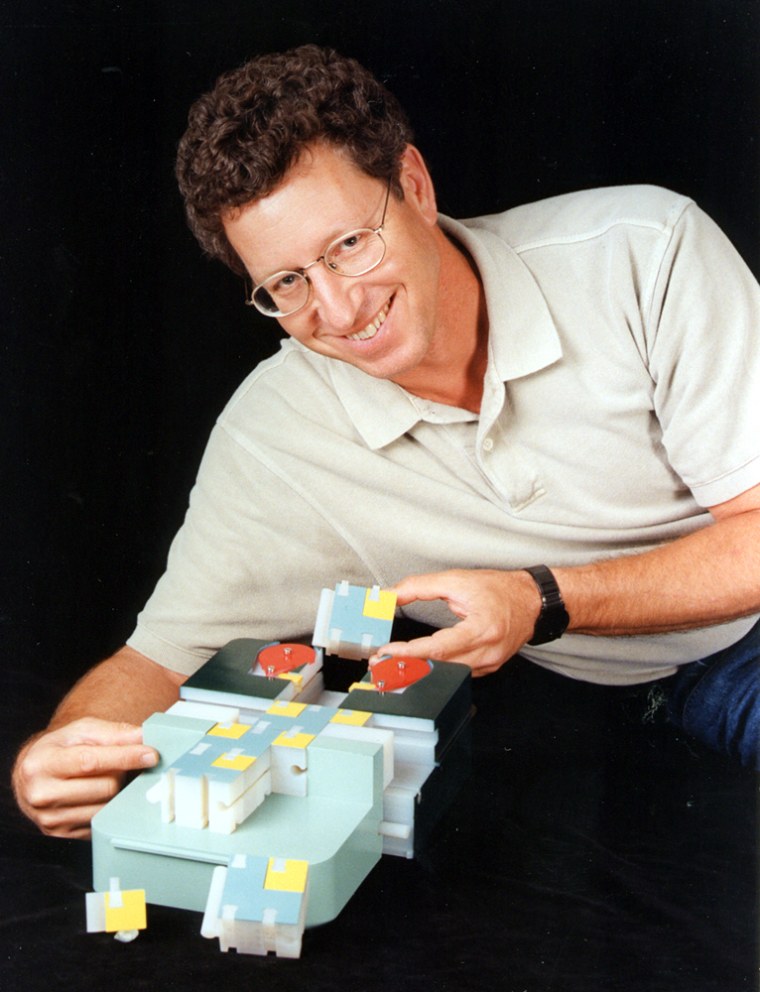Researchers have developed a vanishingly tiny “computer” that could someday enable doctors to treat cancer and other diseases from inside the body.
The molecular-scale device, which is essentially a liquid mixture of synthetic DNA and enzymes, is designed to sniff out chemical signs of disease and pump out drugs in response.
In a new study, researchers say it showed promising results in a test tube.
Ehud Shapiro of Israel’s Weizmann Institute of Science, who led the team of computer experts and biochemists that built it, said the next step will be to package the computer so it works within the complex chemical soup of the body.
“The problems are big, and we do not have a clear way to solve them,” said Shapiro, who describes the device in the study, published online Wednesday by the journal Nature.
Practical use for molecular computers
Molecular computers have only been around for a decade. Instead of micro chips and processors, they harness the softwarelike ability of DNA strands to store information. Enzymes “read” chemical sequences on the DNA in a way that allows the computer to perform calculations.
Experts say such computers could become extremely powerful, given DNA’s potential to store huge amounts of information. The computing power of 1 trillion compact discs could be stored in less than an ounce of dried DNA.
John Reif, a computer science professor at Duke University who built his own molecular computer in 2000, said until now no molecular computer has ever demonstrated much practical use.
“It’s really an ingenious concept,” Reif said of Shapiro’s computer. “This could have a major significance in the medical world, if only they could get it in the cell.”
Trillions of devices
In the future, a doctor might inject trillions of the devices into a patient. The computer is designed to detect cancer by monitoring concentrations of certain molecules. If cancer is detected, the computer releases other molecules that interfere with a cancer cell’s activities and cause it to self-destruct.
Unlike many of its predecessors, the computer is autonomous — it doesn’t need supervision or added chemicals to make it work.
Shapiro, who received a U.S. patent for a previous version in 2001, said the new computer worked fine detecting chemical markers of lung and prostate cancer in lab experiments using a pristine water solution.
But it could get confused if it were put in a medium teeming with other molecules, Shapiro said. “There could be many reactions with many other molecules that may be detrimental to either the computer or to the cell in which it operates.”
